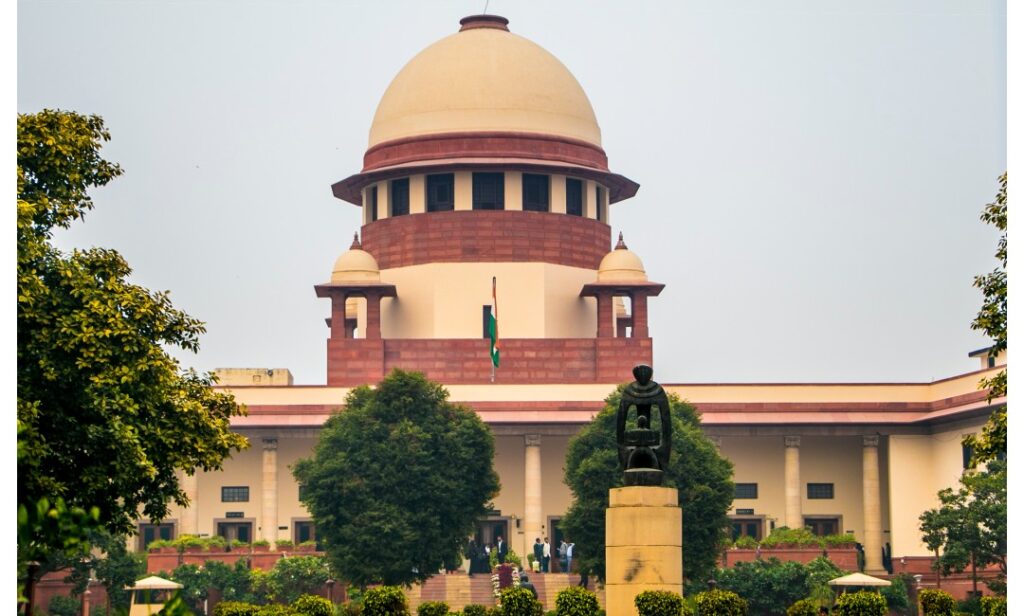Abhishek Choudhary
On 25th August 2025, the Supreme Court of India delivered a judgment that adds a new dimension to the debate on capital punishment. In a case concerning the rape and murder of a four-year-old girl, the Court chose not to uphold the death sentence that had earlier been confirmed. Instead, it directed that the question of punishment be reconsidered.
A Bench, comprising Justice Vikram Nath, Justice Sanjay Karol, and Justice Sandeep Mehta, reminded that the true majesty of the Constitution does not lie in the State’s ability to punish harshly, but in its willingness to act with fairness and restraint, even in the most horrifying cases.
The Supreme Court made it clear that the question at hand was not whether the conviction was correct, but whether the sentencing process had been conducted fairly. The Bench observed that even in serious crimes, punishment should not be dictated solely by public outrage. In a system governed by the Constitution, sentencing has to follow the safeguards laid down by law. The judges highlighted that earlier proceedings failed to adhere to the safeguards, including the guidelines from That precedent makes it mandatory for courts to examine factors like the background of the accused, mental health, and the possibility of reformation before deciding on capital punishment. The Court found that, because these considerations were missed before, it would be improper to confirm the earlier decision on the death sentence.
The convict approached the Supreme Court through Article 32, which allows individuals to seek protection of their fundamental rights directly. In this instance, however, the Court emphasized that constitutional safeguards could not be ignored. Even after the usual legal remedies are complete, Article 32 can be invoked if procedural standards were overlooked or if the rights of the convict were compromised. By hearing this petition, the judges reinforced the need to balance finality with fairness in the criminal justice system. The Supreme Court made it clear that the question at hand was not whether the conviction was correct, but whether the sentencing process had been conducted fairly.
This ruling has significance that extends beyond the specific matter at hand. It reinforces the principle that sentencing in capital cases must always reflect fairness, rather than being driven purely by the brutality of the offence. By stressing restraint, the Court reminded that a constitutional democracy demonstrates its strength not through severity but through measured justice. The ruling also highlights the continuing relevance of Article 32, showing that it can act as a safeguard even after conventional legal remedies are exhausted. Together, these observations confirm that the death penalty cannot be imposed without the most rigorous compliance with constitutional standards.
Case Title: Vasanta Sampat Dupare v. Union of India & Another
Case Number: W.P. (Crl.) No. 371 of 2023
Bench: Justices Vikram Nath, Sanjay Karol, and Sandeep Mehta
Click here to access the order/judgement
Instagram: Click here
LinkedIn: Click here
For Collaboration and Business: info.desikaanoon@gmail.com

